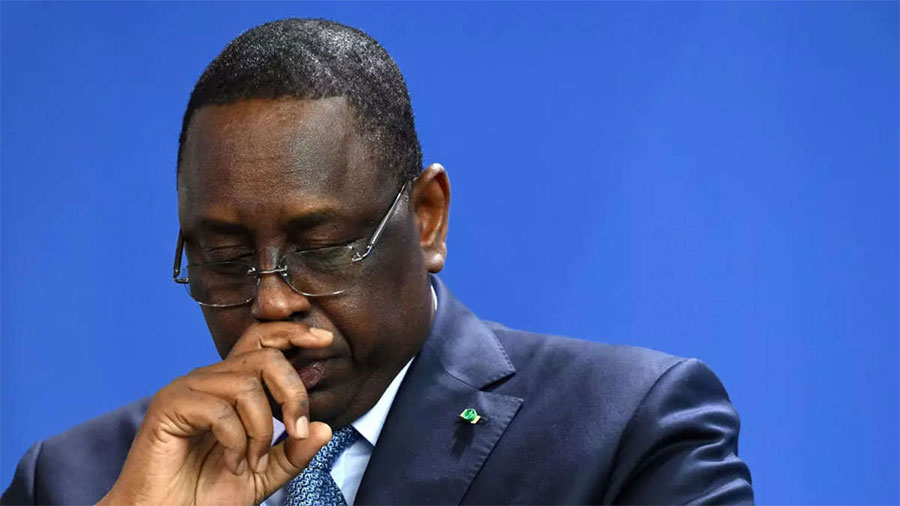Gambiaj.com – (DAKAR, Senegal) – The Senegalese Council of Ministers convened on January 22, 2025, to adopt a key decree related to an existing bilateral agreement with Morocco on the transfer of convicted persons and assistance to detained individuals. Signed in December 2004, the convention has now taken on heightened political significance as it sets the stage for potential legal proceedings against Senegal’s former President Macky Sall, currently in self-imposed exile in Morocco.
The decree comes after the reinstallation of Senegal’s High Court of Justice (HCJ) by the National Assembly, marking a critical step in the government’s bid to pursue legal accountability for the former leader and others implicated in alleged misconduct during their tenure. This development reflects the growing momentum behind the Diomaye-Sonko administration’s push for justice following its electoral triumph.
Macky Sall has remained in Marrakech since April 2024, shortly after his protégé, Amadou Ba, suffered a defeat in Senegal’s presidential elections held in March that year. Despite initially pledging to return and lead his coalition’s campaign during the November 2024 legislative elections, Sall refrained, leaving his loyalists to fend for themselves against the formidable Pastef ruling party. Their efforts failed to deliver any significant political gains, further diminishing Sall’s influence.
By dusting off the 2004 convention, Senegal’s government has initiated a process that could test the strength of the diplomatic relationship between Dakar and Rabat. The bilateral agreement, designed to facilitate the transfer of convicted persons, now finds itself at the heart of a politically sensitive issue. Senegalese authorities are likely to request guarantees from Morocco on the rigorous application of the agreement should an extradition request for Sall arise.
However, analysts suggest that Morocco may face significant challenges in honoring such a request. As a host to Macky Sall and his family, the Kingdom is balancing its reputation as a welcoming state with the potential fallout from an extradition process. Political observers speculate that Morocco might opt for a cautious approach, potentially delaying any decisions to give Sall time to explore alternative asylum options, particularly in the Gulf region.
Despite the political and moral implications of pursuing Macky Sall’s extradition, some suggest Senegal may encounter practical obstacles. If Morocco resists the request, the Senegalese government could find itself forced to accept the diplomatic limitations of the situation, acknowledging the difficulty of repatriating an exiled former leader.
The legal case against Macky Sall and his associates, though laden with political overtones, underscores Senegal’s evolving approach to governance and accountability. Whether the efforts to bring the former president back to face trial succeed or stall, the process will undoubtedly shape the dynamics of Senegalese politics and its bilateral relations with Morocco in the years to come.










